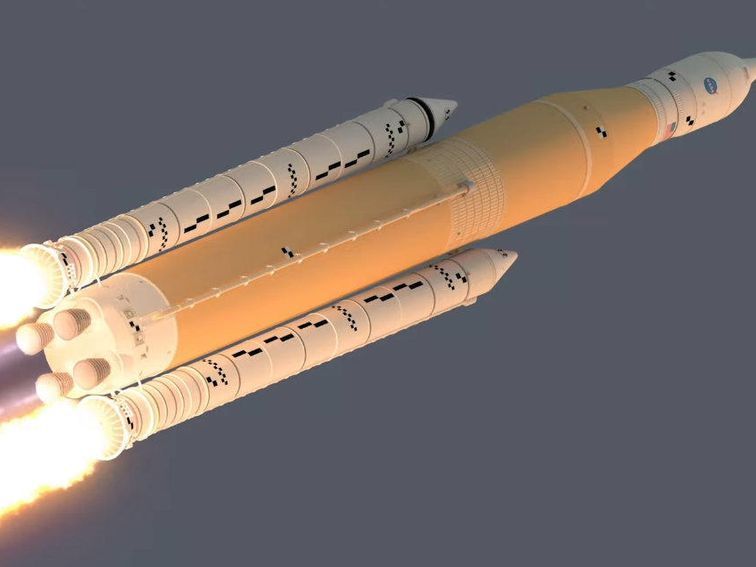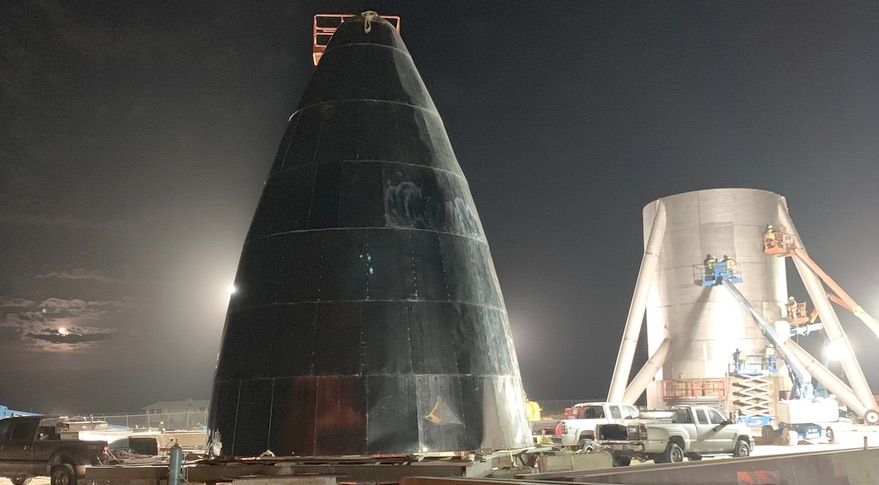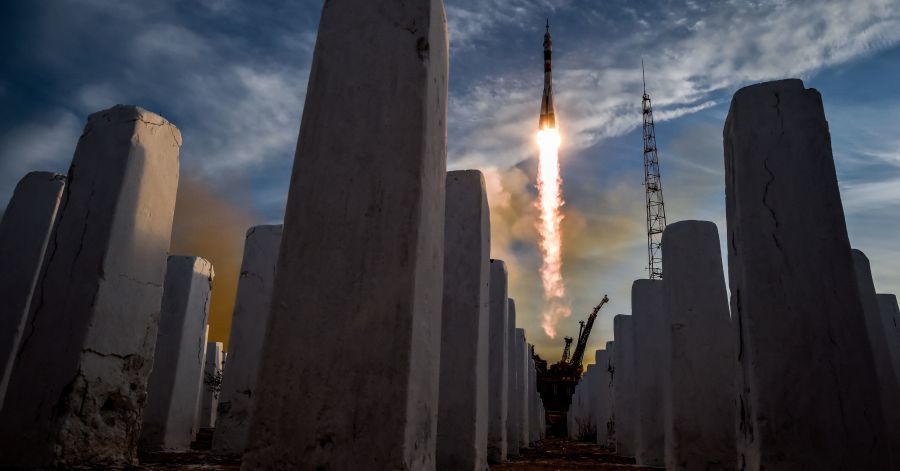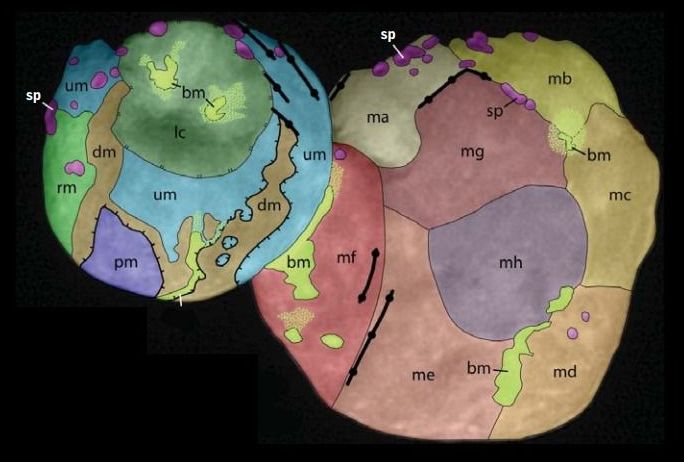Let Captain Kirk get you excited about returning humans to the moon.




On April 29th and 30th, the XPRIZE Foundation hosted an event at its headquarters in Culver City, California that could have a profound effect on the evolving landscape of biorejuvenation research: the Future of Longevity Impact Roadmap Lab.
For those unfamiliar, the XPRIZE Foundation is famous for designing multi-million-dollar, global competitions to incentivize the development of technological breakthroughs, perhaps the most well-known being its first: the Ansari XPRIZE, which offered a $10,000,000 award for the first non-governmental organization to launch a reusable manned spacecraft into space twice within two weeks.
With this event, the purpose of which was to gather subject matter experts to brainstorm a potential longevity-research prize, XPRIZE has turned its focus towards solving the critical problem of age-related diseases on society and extending healthy human lifespan for all. As I was fortunate enough to directly participate in this exciting meeting, I’d like to share some of my experiences with you all.



THE results of a NASA test into “warp drive” technology have been leaked onto the internet — and apparently show it is possible.
The findings appear to be good news — that the new technology that could fly spaceships to Mars, put men on the moon in four hours and make flying cars possible actually works in theory.
The much-anticipated review of EmDrive space propulsion was not supposed to be released until December according to the International Business Times.

Scientists have taken a major step towards creating an aircraft of the future, one powered by an ion drive rather than using moving parts and fuel like conventional aircraft.
In a paper published today in Nature, a team led by Steven Barrett from the Massachusetts Institute of Technology (MIT) described how they created a so-called electroaerodynamic-powered plane, one that uses solid-state propulsion, meaning no propellers or jet engines with expendable fuel.
“The future of flight shouldn’t be things with propellers and turbines,” Barrett says in the video below. “[It] should be more like what you see in Star Trek, with a kind of blue glow and something that silently glides through the air.”

Starship is designed to be a fully reusable launch system, and is intended to transport as many as 100 people at a time to and from the moon or Mars.
On the call Wednesday, Musk clarified that SpaceX’s recent fundraising rounds “have been oversubscribed.” He said SpaceX has the funding needed to build and launch enough Starlink satellites to begin using the network.
“At this point it looks like we have sufficient capital to get to an operational level,” Musk said.
Advanced propulsion breakthroughs are near. Spacecraft have been stuck at slow chemical rocket speeds for years and weak ion drive for decades. However, speeds over one million miles per hour before 2050 are possible. There are surprising new innovations with technically feasible projects.
NASA Institute for Advanced Concepts (NIAC) is funding two high potential concepts. New ion drives could have ten times better in terms of ISP and power levels ten thousand times higher. Antimatter propulsion and multi-megawatt ion drives are being developed.

The space snowman known as 2014 MU69 or Ultima Thule added to its celebrity today by showing up on the cover of the journal Science, with the first peer-reviewed results from an encounter with NASA’s New Horizons spacecraft laid out within.
Close study of the two-lobed object — which orbits 4 billion miles from the sun within a sparse belt of icy material known as the Kuiper Belt — could shed light on how the solar system was formed, said New Horizons principal investigator Alan Stern, a planetary scientist at the Southwest Research Institute.
“We’re looking into the well-preserved remnants of the ancient past,” Stern said in a news release. “There is no doubt that the discoveries made about Ultima Thule are going to advance theories of solar system formation.”